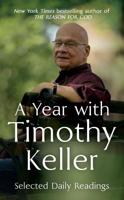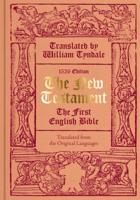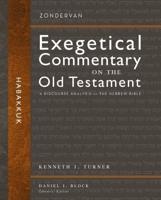Publisher's Synopsis
Excerpt from The Miraculous Element: In the Gospel, a Course of Lectures on the Delivered in Union Theological Seminary
These Lectures on The Miraculous Element in the Gospels were delivered by appointment on the foundation established in the Union Theological Seminary by Mr. Zebulon Stiles Ely, of New York, in the following terms:
"The undersigned gives the sum of ten thousand dollars to the Union Theological Seminary of the city of New York, to found a lectureship in the same, the title of which shall be, 'The Elias P. Ely Lectures on the Evidences of Christianity.'
"The course of Lectures given on this foundation is to comprise any topics that serve to establish the proposition that Christianity is a religion from God, or that it is the perfect and final form of religion for man.
"Among the subjects discussed may be, -
"The Nature and Need of a Revelation;
"The Character and Influence of Christ and His Apostles;
"The Authenticity and Credibility of the Scriptures, Miracles, and Prophecy;
"The Diffusion and Benefits of Christianity; and
"The Philosophy of Religion in its Relation to the Christian System.
"Upon one or more of such subjects a course of ten public Lectures shall be given at least once in two or three years. The appointment of the Lecturer is to be by the concurrent action of the directors and faculty of said Seminary and the undersigned; and it shall ordinarily be made two years in advance.
About the Publisher
Forgotten Books publishes hundreds of thousands of rare and classic books. Find more at www.forgottenbooks.com
This book is a reproduction of an important historical work. Forgotten Books uses state-of-the-art technology to digitally reconstruct the work, preserving the original format whilst repairing imperfections present in the aged copy. In rare cases, an imperfection in the original, such as a blemish or missing page, may be replicated in our edition. We do, however, repair the vast majority of imperfections successfully; any imperfections that remain are intentionally left to preserve the state of such historical works.










